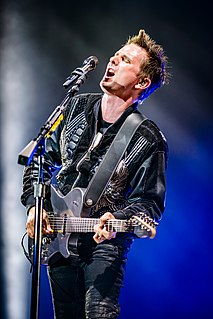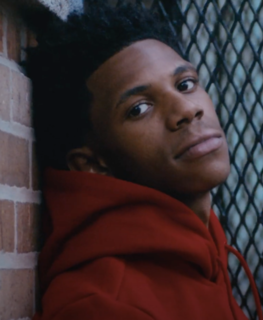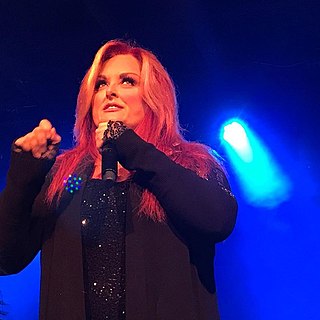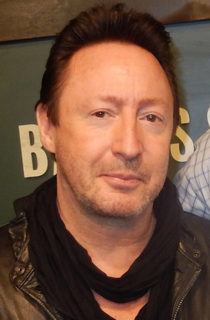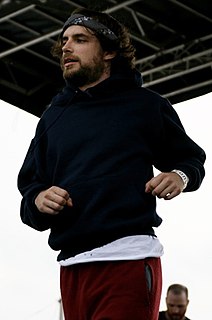A Quote by Matt Bellamy
When I dabble in watching the news and reading about current events, I tend to get a future negative view, and that's something I've dealt with through music. It's quite possible I'm slightly paranoid. But I'd say making music is an expression of feelings of helplessness and lack of control that I think a lot of people can relate to.
Related Quotes
People are making a lot of music and higher and higher quality. I can't say the same thing for how people are listening to music. People are hearing music through terrible speakers, little computer speakers, there's a lot to get back to in terms of hi-fi and people listening to better quality, technically better quality music.
Music expresses feeling, that is to say, gives shape and habitation to feeling, not in space but in time. To the extent that music has a history that is more than a history of its formal evolution, our feelings must have a history too. Perhaps certain qualities of feeling that found expression in music can be recorded by being notated on paper, have become so remote that we can no longer inhabit them as feelings, can get a grasp of them only after long training in the history and philosophy of music, the philosophical history of music, the history of music as a history of the feeling soul.
When we talk about music, we tend to place our experiences into one of two categories: making the music and listening to it. Delineating the two seems practical and obvious. In reality, though, there are a lot of opportunities for overlap, and it doesn't matter how you get into the music as long as you connect with it.
I love '80s happy music. I love Cyndi Lauper and Madonna, and the idea of making music that's about people celebrating fun. I spent my late adolescence in New York and I used to go to a lot of gay clubs. The music there was always just about love and connection and celebrating life. I think, for people going through something really hard, to go to a place where you can let loose and listen to music as a distraction, that's about a better place, a better way of life - that's where all the attraction lies.
I want the music to be heard as close to when I made it, as much as possible. I don't want to get into some "future of the music industry" thing, or where I stand on digital this or that, but I think it's ridiculous that a lot of people in the industry plan so far ahead that it makes a lot of improvisation impossible and makes a lot of people's expectations fixed and not fluid.
In the point of view of my personal feelings, I love the music as well as the cinema, but the future of a trumpet player - in the money point of view, but also any point of view - is very short on expectations. The life of a moviemaker can be glorious and wonderful. It can put your life in the best of possibilities. I decided to forget music. Not forget, because this is impossible, but to work in cinema, and just to be someone who loves music, and who tries to make music with his films.
Another one of my favourite sayings is, you can't handpick your audience. I feel like I'm making music for people who think like me about music, and that takes a lot of different forms. I could never generalise - but I think if I were to generalise, I'd think that you would say that most of my fans are music lovers who are looking for something outside of the mainstream: maybe a little bit hard to pin down, a little bit hard to categorise.
When there's something negative in my life, be it in the art or the music world or in my personal life, I really just want to face it as immediately as possible. I don't run from it. I just want to immerse myself in it, get through it as quickly as possible, understand it, and look into what is positive about it.
I think my music being referred to as "cinematic" has a lot to do with people just not being used to listening to instrumental music without watching a film. I'm still pretty convinced of that. You'll play Chopin in place of something average and like, "Wow, that'd be great in a film." People say it every time, swear to God. I don't think people have a good relationship with instruments and music anymore. But it's definitely visual; I started writing with this band because of the pictures. I can't really deny it either, you know?
